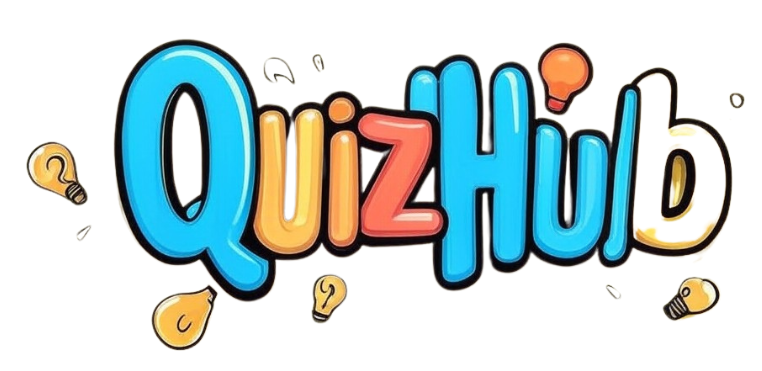- IT Training IT Training
- Business Intelligence
- Project Management
- Data Analytics
- System Testing Lite
- System Testing Pro
- BTECH BTECH
- Maths
- Computers
- MCA MCA
- Maths
- Aptitude
- MBA MBA
- Maths
- Aptitude
- BSC BSC
- Maths (General)
- Computer Science
- Class XII Class XII
- Maths
- Computers
- Physics
- Chemistry
- Biological Science
- Statistics
- Class X Class X
- Chemistry
- Physics
- Maths
- Computer
- Life Science
The Evolution of Education in India: From Ancient Gurukulas to Digital Classrooms 📚✨
India's educational journey is an intricate tapestry of ancient wisdom, colonial legacies, and modern innovations. From the revered Gurukulas of ancient times to the rise of digital learning platforms, the nation's education system has continuously adapted and evolved, reflecting its cultural heritage and commitment to progress.
Ancient Wisdom: Gurukulas and Ashrams 🏫🌿
In ancient India, education was centered around Gurukulas and Ashrams, where students immersed themselves in holistic learning under the guidance of a guru. These institutions emphasized subjects like Vedic scriptures, philosophy, astronomy, medicine, and even martial arts. The bond between the guru and the student was more than just academic; it was a personal, moral, and spiritual connection that laid the foundation for intellectual growth. This period birthed monumental texts like the Vedas and Upanishads, while also promoting critical thinking, debate, and the application of knowledge in everyday life.
The Golden Era of Learning: Gupta Dynasty 👑📖
The Gupta dynasty (320-550 CE) is often celebrated as the Golden Age of India. During this era, renowned universities like Nalanda and Takshashila became global centers of learning, attracting scholars from across the world. Nalanda’s vast library and diverse curriculum — spanning from Buddhism to mathematics and astronomy — set the stage for a more structured approach to education. These ancient institutions are a testament to India’s historical prowess in intellectual and academic excellence.
Historical reads for deeper insight:
- A History of Ancient and Early Medieval India: From the Stone Age to the 12th Century by Upinder Singh
- The Wonder That Was India by A.L. Basham
Medieval Influence: Madrassas and Islamic Knowledge 🕌📚
The medieval period brought Islamic influence to India, ushering in the era of Madrassas. These institutions provided education in religious studies, law, and sciences. Under the reign of Mughal emperor Akbar, these centers flourished, integrating Islamic and indigenous knowledge systems. Akbar’s court became a hub of intellectual and cultural exchange, where Sanskrit texts were translated into Persian, enriching India’s academic landscape.
For further reading:
- Mughal India: Art, Culture, and Empire by J.P. Losty and Malini Roy
- The Mughal Empire by John F. Richards
Colonial Legacy: British Education and Western Influence 🇬🇧📜
The British colonial era introduced Western-style education to India, with the founding of institutions like the University of Calcutta, Bombay, and Madras. The British agenda was clear: create a class of Indians who could assist in running the colonial administration. The emphasis on English language and Western science often overshadowed traditional Indian knowledge systems. However, this period also laid the groundwork for the modern educational institutions that India would later adopt post-independence.
Recommended historical texts:
- The History of British India by James Mill
- India and the British Empire by Douglas M. Peers
Post-Independence Reforms: A New Vision for Education 🇮🇳📘
After gaining independence in 1947, India set out to democratize education, ensuring that it was accessible to all. The Right to Education Act (2009) was a landmark in this process, ensuring free education for children aged 6-14. National institutions like IITs, IIMs, and AIIMS emerged as beacons of excellence, shaping future leaders and innovators. As India continues to evolve, the focus remains on integrating holistic, multidisciplinary education while addressing challenges like regional disparities and quality of education.
Explore more on this topic:
- The Great Indian Education Debate by Lynn Zastoupil and Martin Moir
- Education in India: Historical Perspectives by S. P. Agrawal
Digital Transformation: The Future of Education 💻📱
In recent years, the digital revolution has reshaped India’s education system. Platforms like SWAYAM and DIKSHA have made learning more accessible than ever, and the COVID-19 pandemic accelerated the adoption of online education. The new National Education Policy (NEP) 2020 advocates for a more inclusive, flexible, and vocationally-oriented education system. With the power of technology, India is moving towards an era of education that is more interactive, accessible, and aligned with global standards.
Conclusion: A Journey of Adaptation and Growth 🚀🎓
India’s education system has come a long way — from the ancient Gurukulas to today’s digital classrooms. Each era has contributed to the vibrant tapestry of learning, ensuring that education remains a fundamental pillar of the nation’s growth. With continuous reforms, technological integration, and a focus on inclusivity, India’s education system is poised for even greater advancements in the future. The nation’s rich educational heritage continues to inspire and guide its path towards a knowledge-driven society.
#IndiaEducation #GurukulaToDigital #IndianHistory #EducationReform #InnovationInLearning #NationalEducationPolicy #DigitalLearning #EducationalHeritage #IndiaLearningJourney #IndianEducationSystem

QuizHub is a robust and scalable online exam system designed to manage categories, quizzes, and multiple-choice questions. It offers an intuitive and interactive platform that helps prepare candidates for exceptional performance while streamlining the assessment process.

Comments (0)
Loading comments...